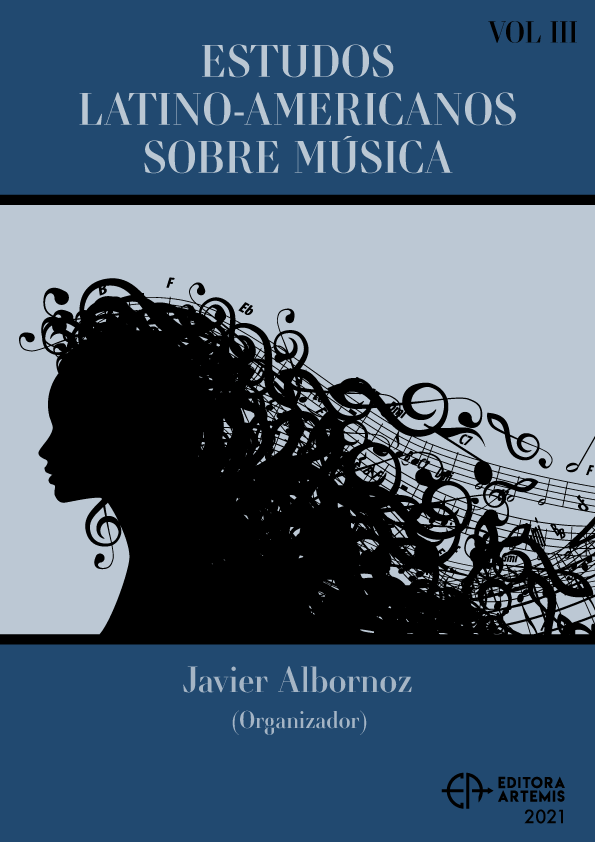
LA GUITARRA ELÉCTRICA, LA CUMBIA Y LA MÚSICA TROPICAL COLOMBIANA: MARIANO SEPÚLVEDA EL PIONERO DEL ROCK TROPICAL EN COLOMBIA
La rebelión del Mayo del 68 no solo trajo un despertar a nuevas experiencias y revoluciones sociales, sino, además, un buen número de manifestaciones en torno al arte y la cultura. Es así como entre las décadas de 1960 y 1970 se gestó en Medellín una revolución sonora musical en manos de jóvenes irreverentes que pretendieron hacer música a partir de las raíces folclóricas tradicionales de la costa caribe colombiana, influenciados con los sonidos contemporáneos del rocanrol y el twist. De la variedad de artistas que surgieron en esta época resalta la presencia del músico, guitarrista y compositor Mariano Sepúlveda, creador, junto con otros músicos, bajo el sello fonográfico Discos Fuentes, de la agrupación Afrosound, que marcó una influencia en el devenir de la cumbia en Colombia y el resto de Latinoamérica.
El proyecto de investigación-creación y de recuperación patrimonial realizado por el grupo de investigación Artes y Humanidades del Instituto Tecnológico Metropolitano (ITM) de Medellín, pretende resaltar la importancia e influencia que tuvo esa época en la tradición musical colombiana y en el imaginario colectivo de un país que todavía escucha, baila y disfruta de esas grabaciones discográficas.
Partiendo de los dos principales objetivos del proyecto, puede decirse que el equipo de investigación, ha cumplido con la mayoría de sus propósitos y ha abierto espacios para seguir profundizando en esta cuestión en diferentes campos del conocimiento. Es así como se pretende entregar, desde el punto de vista de la producción de audio y en contexto con las formas de composición y de creación, un resultado que permita la generación y la consolidación de estas músicas y su reincorporación en una estética sonora actual que faculte la circulación a través de los diferentes medios de distribución convencionales, enfatizando los medios de producción de audio contemporáneos.
LA GUITARRA ELÉCTRICA, LA CUMBIA Y LA MÚSICA TROPICAL COLOMBIANA: MARIANO SEPÚLVEDA EL PIONERO DEL ROCK TROPICAL EN COLOMBIA
-
DOI: 10.37572/EdArt_1408214223
-
Palavras-chave: cumbia / folclor / guitarra eléctrica / rock tropical / Colombia
-
Keywords: cumbia / folklore / electric guitar / tropical rock / Colombia
-
Abstract:
The rebellion of May 68 not only brought an awakening to new experiences and social revolutions, but also a good number of demonstrations around art and culture. Thus, between the 1960s and 1970s, a musical sound revolution was created in Medellín in the hands of irreverent young people who tried to make music from the traditional folkloric roots of the Colombian Caribbean coast, influenced by the contemporary sounds of rock and roll and twist. . From the variety of artists that emerged at this time, the leading role of the musician, guitarist and composer Mariano Sepúlveda stands out. He, with other musicians, under the record label Discos Fuentes, of the Afrosound group, marked an influence on the development of cumbia in Colombia and the rest of Latin America.
The research-creation and heritage recovery project carried out by the Arts and Humanities research group of the Metropolitan Technological Institute (ITM) of Medellín, aims to highlight the importance and influence that this period of time had on the Colombian musical tradition and on the imaginary collective from a country that still listens, dances and enjoys those recordings.
Starting from the two main objectives of the project, it can be said that the research team has fulfilled most of its purposes and has opened spaces to continue investigating this question in different fields of knowledge. This is how it is intended to obtain, from the perspective of audio production and in context with the forms of composition and creation, a result that allows the generation and consolidation of these musics and their reincorporation in a current sound aesthetic that empowers the circulation through the different conventional distribution media, emphasizing contemporary audio production media.
-
Número de páginas: 15
- Carlos Andrés Caballero Parra

